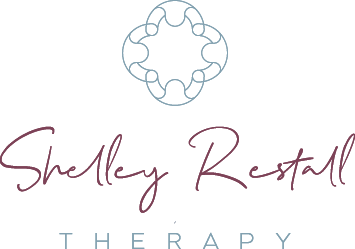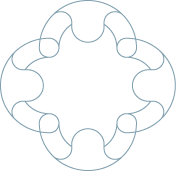The power or oppression with Use of Language for those living with a Disability(ies).
Language as a Tool of Oppression & Hurt or Empowerment & Advocacy
The language around dis/Ability, ability, disability, and supports for people who are disabled or live with disability have undergone changes in the last 30 years or so. There was a time when people who lived with disability were often identified by that disability, “the Autistic, the girl with Down’s, the boy with the “problems” (this was usually uttered in a hushed voice). Then a generation of passionate and devoted parents advocated for person first language and making diagnosis secondary to a person’s life. They worked hard to accomplish this.
Voiced Preferences from People with Lived Experience
In the last decade, new voices, often those of disabled people themselves, have advocated for a change. Their argument is that disability is not embarrassing or shameful, and that for many people their disability is central to their lives, and should be named as an important characteristic of who they are.
Person first language supports a belief that people are not defined by their disability, but rather other characteristics about themselves. Some people prefer this language.
“I am an individual who has been diagnosed with a disability.”
“I am a person who lives with the label of disabled.”
Some people who are disabled prefer identity first language. People with this belief feel that disability is a significant, defining part of who they are. They do feel defined by the disability label, and may come to take ownership and pride in that label.
“I am disabled.”
“I am an disabled person.”
“As a disabled person…”
When working with/interacting with/supporting a person who lives with disability, it is important to mirror their language. If they use identity first language, and you are not disabled yourself (in which case please use the language that suits you), please mirror (imitate) their language pattern.
What one person defines as a disability, may not feel disabling to another person. To choose one community, Autistic individuals may range from feeling they have a few challenges, to feeling completely disabled by their condition, or the environment they live in. It’s best to allow the person themselves to identify how they feel about their condition, and to remember their feelings may change from day to day.
Meet Amanda, author of above blog post.
Amanda Broderick is currently pursuing her Bachelor of Social Worker degree from Dalhousie University. She is completing a practicum placement with a clinical social work focus in Shelley Restall’s Counselling practice. Amanda is passionate about supporting late diagnosed autistic females (including self-diagnosed, exploring neurodivergence), to build a life that is based on self-knowledge, self-acceptance, creating systems of neurodivergent affirming support for daily life, and de-constructing internalized ableism that is self-limiting.



